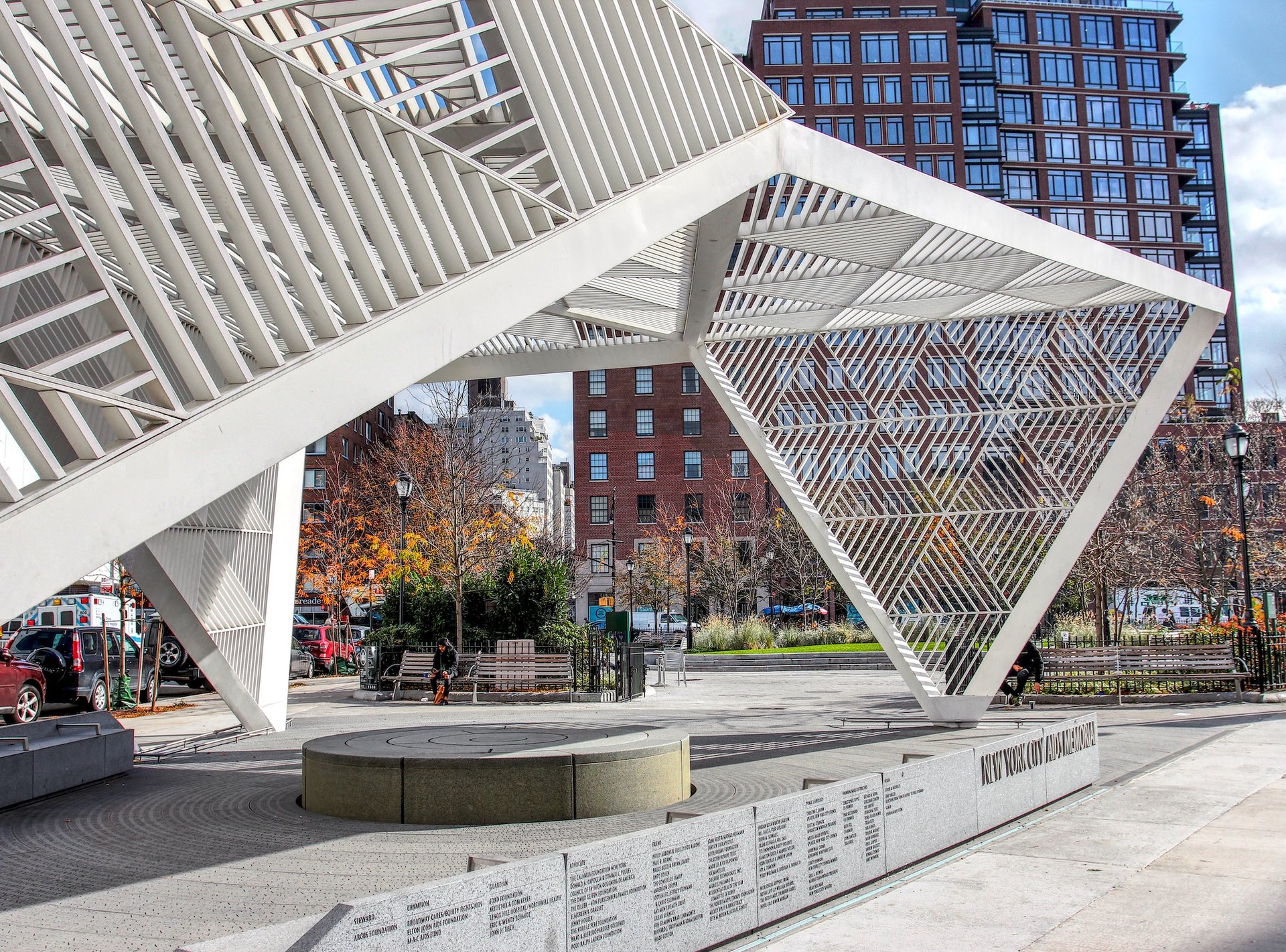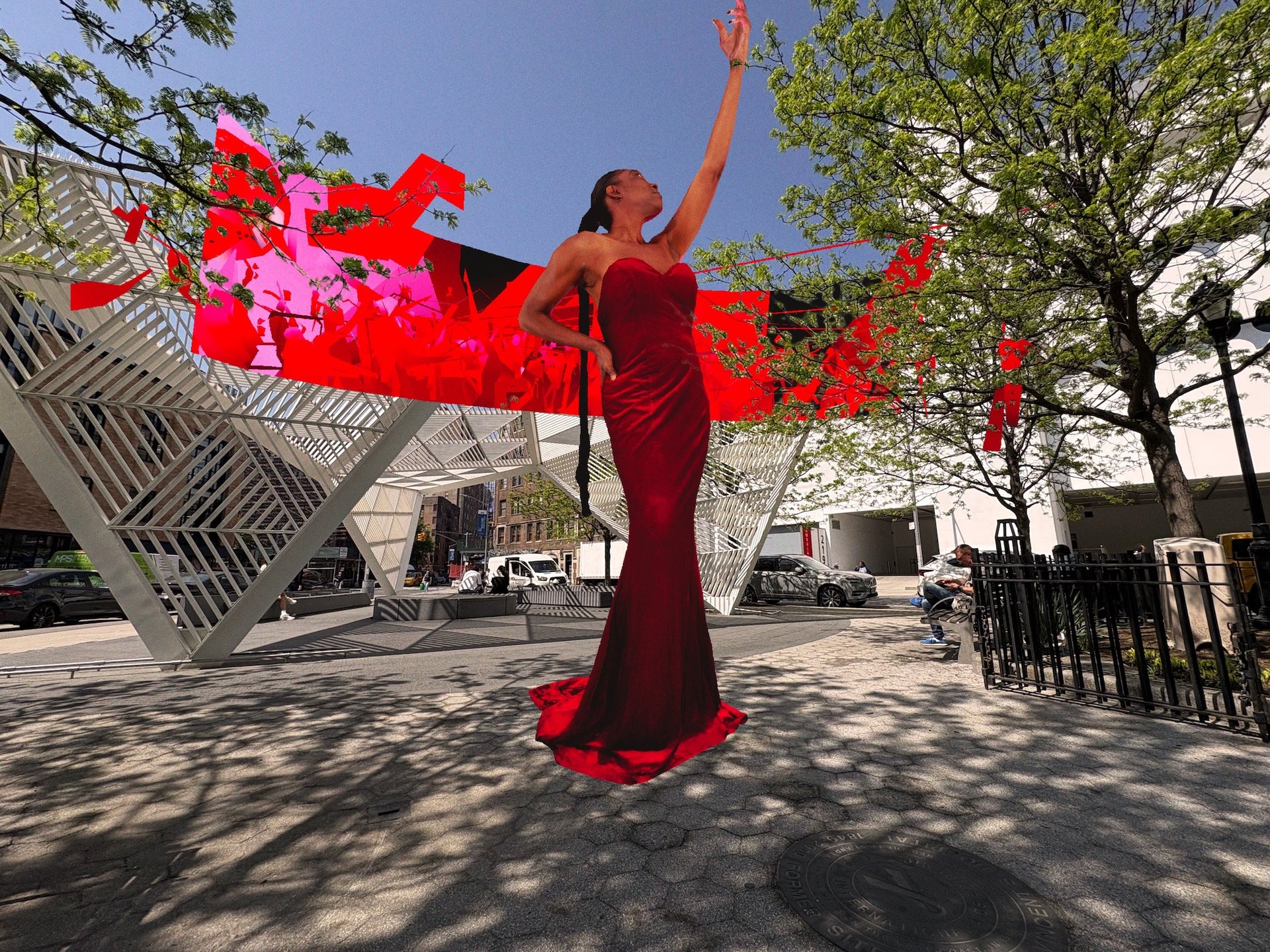Comment | In the Trump era, LGBTQ+ communities and culture need support
Each June during Pride Month, we commemorate the struggles and victories that have defined the LGBTQ+ community from the 1969 Stonewall uprising to the continued fights against HIV/Aids and for LGBTQ+ equality. Pride means more than a party, parade or performative allyship; it means committing to community care and remembrance. With the return of an emboldened Trump administration, our communities are facing a sustained campaign of hostility and a chilling rollback of civil rights. Organisations that preserve LGBTQ+ history, memory and culture must take on a powerful role: not just to remember, but to resist.
This year, Pride feels particularly urgent. Since January, the Trump administration’s attacks on LGBTQ+ rights have been deliberate and wide-ranging. Examples of these discriminatory actions include banning transgender individuals from serving in the military and rescinding their right to accurate gender markers on passports; stripping anti-discrimination protections from workplaces, education, healthcare and housing; and gutting programmes at the National Institutes of Health, Centers for Disease Control and Prevention and US Agency for International Development, which has jeopardised millions of lives in the fight against Aids. The message is unmistakable: LGBTQ+ lives are not valued. While these policies have often been framed as purely economic or “moral”, their impacts have been atrocious. They have placed already vulnerable individuals at greater risk of inequity, violence and death.
Still from a performance by a historical gay chorus Courtesy Matt Leifheit
Historical memory is a battlefield, something the Trump era has made painfully evident, and art and education have long been vital tools of resistance. Yet, in recent months federal support for LGBTQ+-inclusive education has been obliterated, Pride flags have been banned on federal properties and LGBTQ+ mentions were removed from government websites—including the National Park Service’s deletion of the words “transgender” and “queer” from the page for the Stonewall National Monument, the first US national monument dedicated to LGBTQ+ rights and history.
Excluding trans and queer narratives
Cultural institutions are also being attacked. In response to recent executive orders, the National Endowment for the Arts (NEA) now requires grant applicants to certify they will not “promote gender ideology”, a deliberately vague phrase used to exclude trans and queer narratives. This has led to LGBTQ+ arts organisations losing critical funding, a devastating blow amid economic uncertainty. Legal challenges are underway, but this policy shift signals a dangerous attempt to dictate whose stories can be told and whose are silenced.

The New York City AIDS Memorial Photo: John Moore, Circular Space Photography
Since its dedication in 2016, the New York City AIDS Memorial has served as a site of remembrance for those lost to an ongoing epidemic that disproportionately impacts LGBTQ+ communities. Through art and cultural programming it also fosters dialogue and activism, ensuring that the multidimensional stories of Aids are never forgotten. Today, in the face of mounting erasure, our work is more essential than it has ever been. Pride Month has become a time not just to remember and reflect, but to make our histories visible.
This June, we are doing just that. We’re amplifying Black and Brown stories through a site-responsive project with contemporary artists and the Kinfolk Tech Foundation. We’re liberating long-unheard voices through a newly commissioned sound installation that honours historic gay choruses. And we’re celebrating the wisdom and joy of intergenerational drag performers whose lives and art have long inspired our communities. These acts of cultural preservation are also acts of resistance, honouring those we’ve lost and empowering future generations to stand against the coordinated efforts to marginalise us.

Rendering of Tourmaline and Egyptt Labeija’s new project for Portals of Remembrance, an augmented reality exhibition at the New York City AIDS Memorial in collaboration with the Kinfolk Tech Foundation Courtesy Kinfolk
Our work, and that of all LGBTQ+ and HIV/Aids-focused organisations, is political. When educational institutions are barred from discussing LGBTQ+ histories, young people are deprived of the right to see themselves in the world. When those most vulnerable to HIV are stripped of their access to care, they are being told that their health and well-being no longer matter. When public funds are stripped from LGBTQ+ cultural projects and organisations, the message communicated is that our stories are unworthy of preservation.
We must not take the preservation of our histories for granted. Many LGBTQ+ and HIV/Aids-focused organisations already operate on razor-thin budgets. Cultural funding is often the first to be cut, especially in hostile political or economic climates. For LGBTQ+ people, seeing their history honoured can be the difference between despair and hope. It shows them they are not alone. It tells them they are part of something bigger. This Pride Month, we urge our community, allies and donors to invest in the organisations that keep these stories alive. When we preserve LGBTQ+ history, we preserve LGBTQ+ futures. This, in itself, is a profound source of pride.
- Dave Harper is the executive director of the New York City AIDS Memorial




